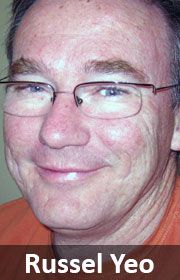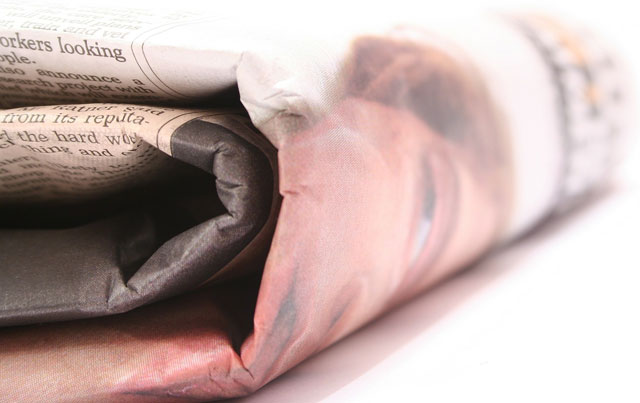 There once was a dream. As the reading public moved, inevitably, from getting their news on dead trees to reading it on the Internet, vast amounts of money would follow. Fortunes awaited the brave.
There once was a dream. As the reading public moved, inevitably, from getting their news on dead trees to reading it on the Internet, vast amounts of money would follow. Fortunes awaited the brave.
The logic was simple enough. As eyes moved to the Internet, advertisers would be forced to follow. The cost of producing the news would be less, as each journalist became their own typesetter. Most importantly, there would be low distribution costs, across the globe. Each additional reader would add negligible cost.
To see how deluded this all was, you need only follow the fortunes of The Guardian. Despite a massive commitment to the dream, the publication managed to lose US$120m in the past year. At that rate of loss, it will be out of business within five years.
I once had a dog in this fight. Back in the Palaeolithic Period around 2002, we calculated that online advertising in South Africa, against all conventional wisdom, was at the correct level, given the time and attention paid to it. We had all assumed that media planners were shying away from the unknown, and time and salesmanship would grow the pot.
The old newspaper guys said all along that the dream was smoke. Journalism is hard, costly and dependent on the income from subscriptions, cover sales and classified advertising. Brand ads were cream.
At the same time, we were working with The Guardian’s excellent online team, and it became clear that they were going all-in on digital. The Guardian is not a normal newspaper business. It is protected from the real world by the Scott Trust, dating from the 1930s. And yet the team was already privately despondent about the financial outlook.
So how did it the dream go so horribly wrong?
Firstly, newspapers were always, as the saying goes, buttering the bread on both sides. If you charge for both a classified listing, and sell the right to read it, you are vulnerable. The Junkmail-style publications had already begun to attack this: free to list, pay to read. Then Craigslist and others offered free in both directions. Print classifieds were dead.
Secondly, everyone overestimated the importance of old-style journalism. Most hacks see themselves as warriors, speaking truth to power. The fact that the establishment press missed the biggest scandals of the age — Enron, WMD lies, the global housing bubble — does not distract them. This is why the dream of open-access journalism appeals so strongly to them, if not to their financial managers. As we now know, sometimes people just want to look at cute cats.
Thirdly, the money did not follow newspaper-style journalism. The biggest online winner has been search, once regarded as unplayable. Google’s parent company, Alphabet, briefly became the most valuable company on earth on Tuesday. The Huffington Post has found that they could get writers to contribute for free, paid in the new currency of “exposure”. And Facebook has a billion users every month.

It may be time to wake from the open-access dream.
But it’s not all doom out there. The New York Times (with a metered paywall) has grown to a million digital subscribers, and is profitable. But “The Grey Lady” is a truly global brand, and reflects the world’s most important city.
Mail Online’s ad revenue is growing fast, as print advertising in the Daily Mail falls. But it is the biggest online news destination.
Wags would conclude that the open-access model can only succeed with crap journalism at vast scale. Quality needs to carry a price.
Niches are likely to survive. The value of a rich reader on an elite financial site, reading insightful journalism, is very high.
Smaller players will need to erect some kind of paywall, as the Sunday Times and the Mail & Guardian have locally. I remember their horror when it was suggested a dozen year ago. Some, like the Daily Maverick, will survive just to keep quality journalism alive.
And what should we expect on the Rust Belt of newspaper publishing?
As sales and advertising decline, expect ethics and quality to be thrown out the window, as desperation drives a hunt for new markets. I offer the M&G and the Cape Times as exhibits. These wild moves will increase, and they will fail.
Consolidation is always likely as cash runs out. Perhaps a few quality papers, pay-walled online, and one trashy tabloid will survive.
Political money will continue to prop up a few partisan rags. The public will look away. The tide will eventually go out. And then we will see who is swimming naked.
- Russel Yeo has worked in the advertising and media business, and was the founding chairman of the Online Publishing Association, now IAB South Africa




